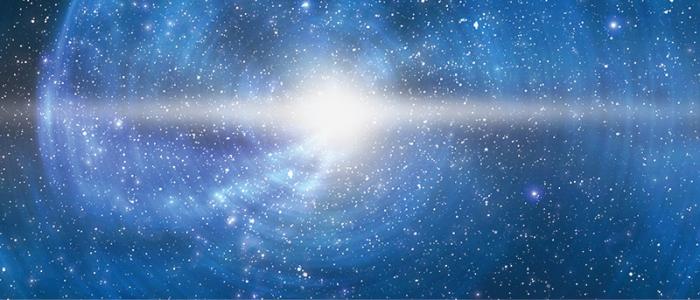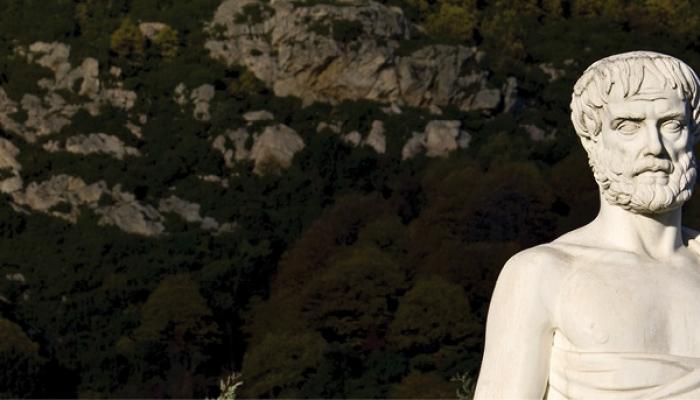
1.1 Doesn’t the Big Bang rule out faith in God?
Some people think that the Church is against science and that Christians must therefore also deny the Big Bang. The contrary is true!
The Big Bang theory was even first suggested by a Catholic priest, Georges Lemaître (†1966), for which he received official recognition from the Church. The idea of the Big Bang goes very well with the belief that God created the world ‘ex nihilo’ (from nothing).
How did God create the universe?
God created the universe freely with wisdom and love. The world is not the result of any necessity, nor of blind fate, nor of chance. God created “out of nothing” (ex nihilo) (2 Maccabees 7:28) a world which is ordered and good and which he infinitely transcends. God preserves his creation in being and sustains it, giving it the capacity to act and leading it toward its fulfillment through his Son and the Holy Spirit. [CCCC 54]
Is the world a product of chance?
No. God, not chance, is the cause of the world. Neither in its origin nor with respect to its intrinsic order and purposefulness is it the product of factors working “aimlessly”.
Christians believe that they can read God’s handwriting in his creation. To scientists who talk about the whole world as a random, meaningless, and aimless process, Pope John Paul II pointed out in reply in 1985, “Given a universe in which there is such a complex organization of its elements and such a wonderful purposefulness in its life, talking about chance would be equivalent to giving up the search for an explanation of the world as it appears to us. In fact it would be tantamount to accepting effects without cause. It would be an abdication of human reason, which in this way would be refusing to think and to search for a solution to problems". [Youcat 43]
It is the nature of things which come into being to derive their origin from what is already existing. And it seemed to me that it might be said with equal truth, that nothing is eternally co-existent with God distinct from himself, but that whatever exists has its origin from him. [St. Methodius, On Free Will, Chap. 2 (ML 18, 244)]





